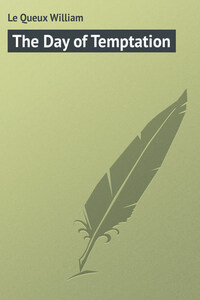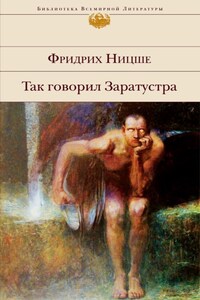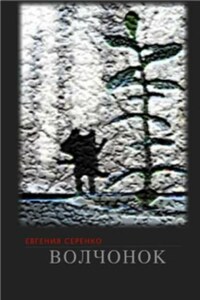Chapter One
The City of the Seven Shadows
During half a century of constant wandering over the silent sunlit sands, of tribal feuds, of revolts, battle and pillage, of bitter persistent hatreds, of exploit, foray, and fierce resistance against the lounging Spahis, cigarette-smoking Zouaves, black-faced Turcos, and swaggering Chasseurs of the French, I have met with some curious adventures, and have witnessed wonders more remarkable, perhaps, than many of the romances related by the Arab story-tellers. They mostly occurred before I was chosen sheikh of the Azjar; when I was simply one of a band of desert-pirates, whose only possessions were a long steel lance, a keen, finely-tempered poignard, and a white stallion, the speed of which was unequalled by those of my companions. A thief I was by birth; a scholar I had become by studying the Tarik, the Miraz, the Ibtihadj, and the Korân, under the Marabut Essoyouti in Algiers; a philosopher I fain would be. When riding over the great limitless red-brown sands, I was apt to forget the race whence I sprang, the learning that had made me wise, the logical reasonings of a well-schooled brain, and give myself up with all the rapture of an intense enthusiasm to the emotion of the hour. It was the same always. Essoyouti, a scholar renowned throughout Tripoli and Tunis, had versed me in legendary lore, until I had become full of glowing fancies and unutterable longing to penetrate the entrancing mysteries to which he had so often referred as problems that could never be solved.
I am a Veiled Man. Openly, I confess myself a vagabond and a brigand. Living here, in the heart of the Great Desert, six moons march from Algiers, and a thousand miles beyond the French outposts, theft is, with my nomadic tribe, their natural industry – a branch of education, in fact. We augment the meagreness of our herds by extorting ransoms from some of our neighbours, and completely despoiling others. Mention of the name of Ahamadou causes the face of the traveller on any of the caravan routes between the Atlas mountains and Lake Tsâd to pale beneath its bronze, for as sheikh of the most powerful piratical tribe in the Sahara, I have earned an unenviable notoriety as leader of “The Breath of the Wind,” while the Arabs themselves have bestowed upon my people three epithets which epitomise their psychology: “Thieves, Hyenas, and Abandoned of Allah.”
The only law recognised by my race, the Touaregs, is the right of the strongest. We wear the black litham wrapped about our faces, leaving only our noses and eyes visible, and never removing it, even at meal-times. It becomes so much a part of us that any one being deprived of his veil is unrecognisable to friends or relatives. If one of our number is killed, and divested of his veil, no one can identify him until it has been restored to its place. We are therefore known and dreaded as “The Veiled Men.”
My first journey by paths untrodden resulted strangely.
For two whole moons a party of us, numbering nearly three hundred, all well-armed and desperate, had been lurking in a narrow ravine in the far South, known as the Gueden, close to the point where it is crossed by the route taken by the caravans from Lake Tsâd to El Aghouat in Algeria. News travels fast in the desert. We had received word that a caravan laden with ivory and gold-dust was on its way from Kuka to Timissao, and were awaiting it, with the intention either of levying toll, or attacking it with a view to plunder. In our sombre robes of dark blue kano cloth and black veils, we were a mysterious, forbidding-looking rabble. As day succeeded day, and we remained inactive, with scouts ever vigilant for the approach of our prey, I recollected that in the vicinity were some curious rocks, with inscriptions recording the Mussulman conquest, and one morning, mounting my meheri, or swift camel, rode out to inspect them.
The sun rose, and beneath its furnace heat I pushed on into the great waterless wilderness of Tasili, the true extent of which is unknown even to us Children of the Desert, for the utter dearth of water there renders a journey of many days impossible. Until the maghrib hour I remained in the saddle, then dismounting, faced towards the Holy Ca’aba, recited my fâtihat, ate a handful of dates, and squatted to smoke and watch the fading of the blood-red afterglow. On the next day, and the next, I journeyed forward over the wide monotonous plain, where the poison-wind fanned my brow like a breath from an oven, and nothing met the aching eye but glaring sand and far-off horizon, until, when my shadow lengthened on the sixth day after parting with my companions, I found myself within sight of a range of high hills, looming darkly against the brilliant sunset.














